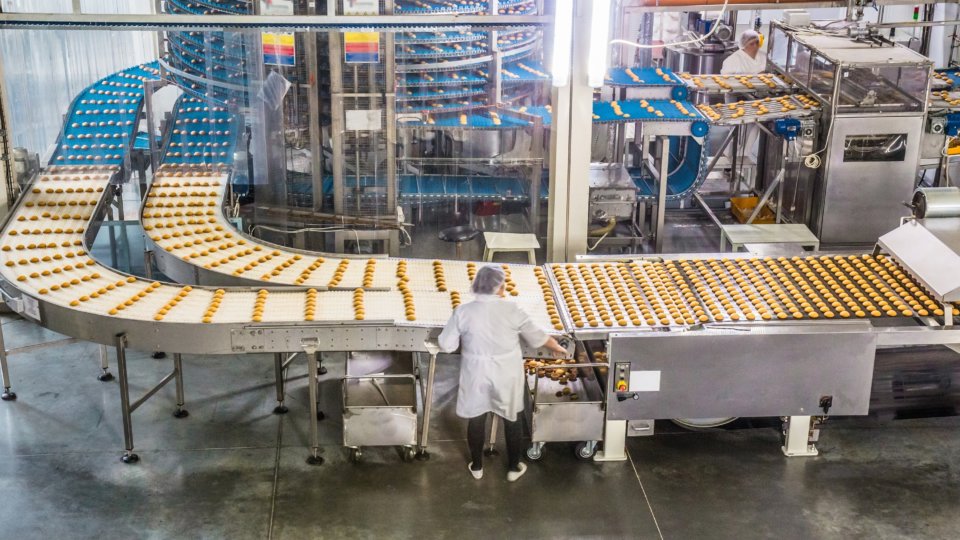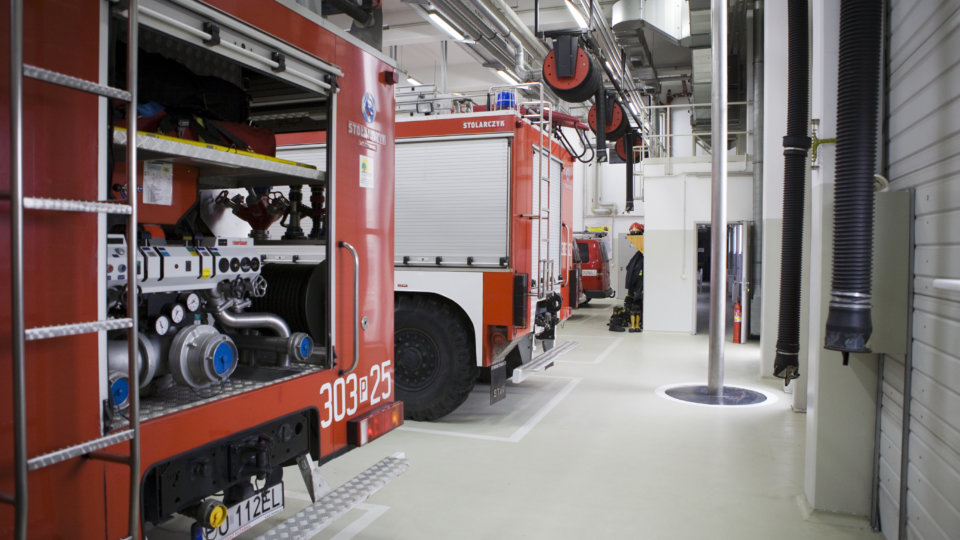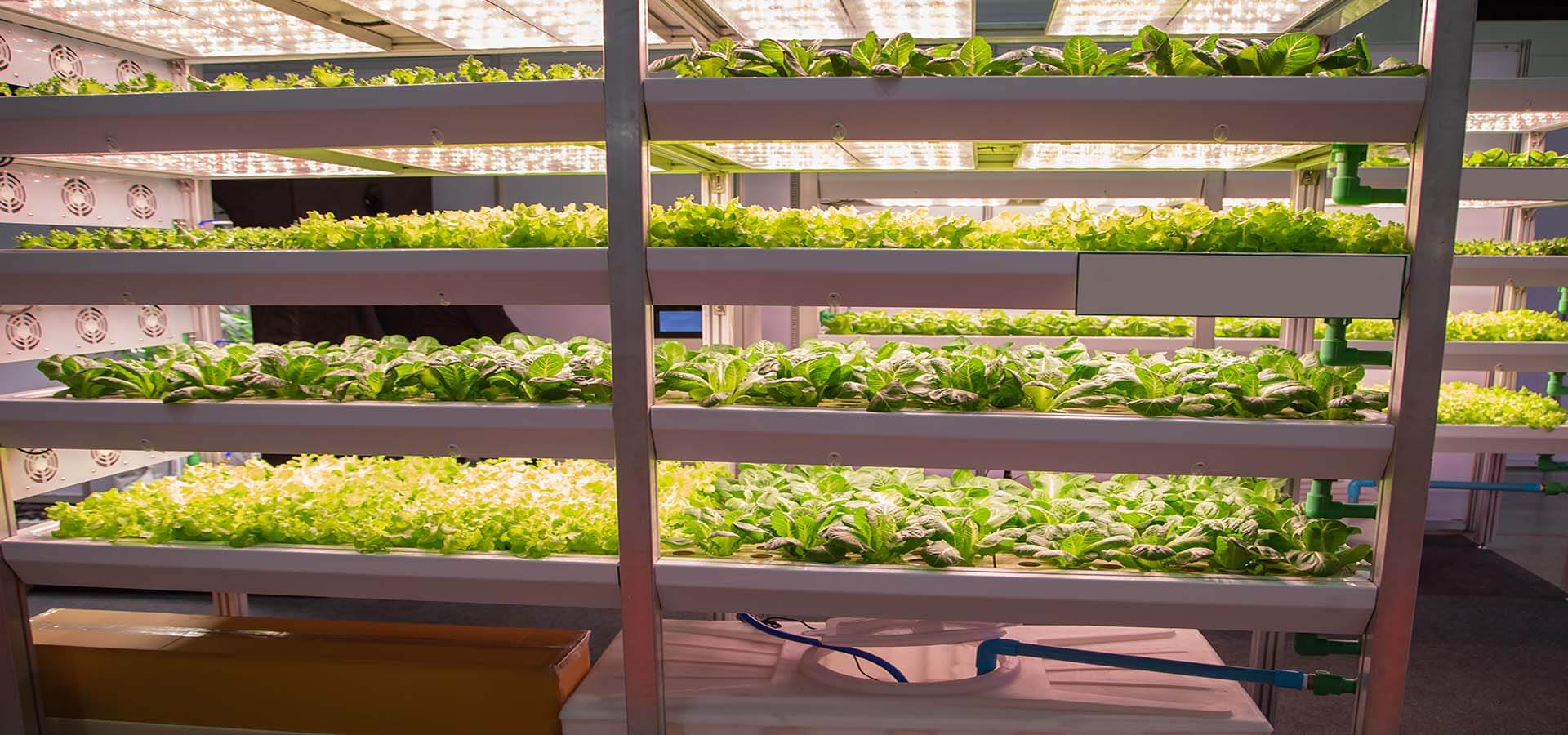Project Profile: School District Improves Indoor Air Quality With NPBI
Share Article
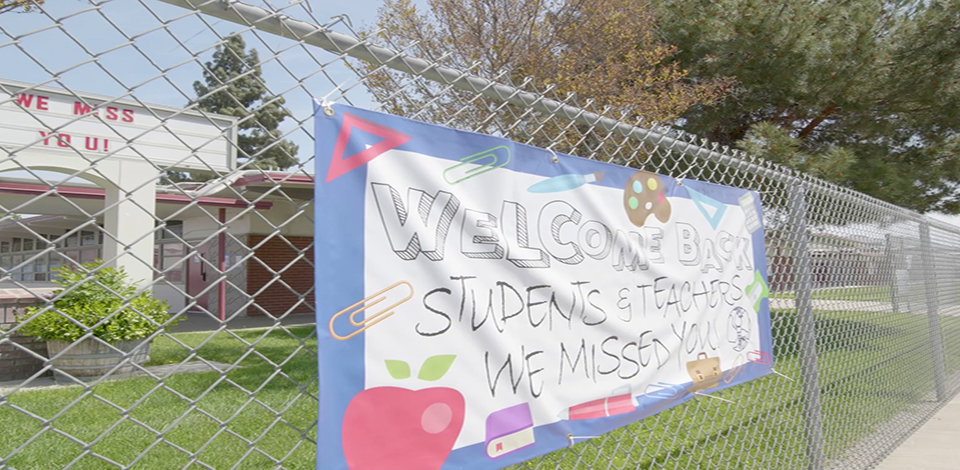
Today’s Project Spotlight shines on a recently completed project that FSG delivered to the Fontana Unified School District (FUSD) just east of Los Angeles, California. The project was important not just for what it accomplished, which was impressive enough. The real takeaway involves great leadership and partnerships that deliver results during difficult times.
One Year Ago…
In the summer of 2020, FUSD was a lot like every other school district in the United States. In the midst of a global pandemic, with businesses and local governments scrambling to find solutions to an existential crisis, FUSD was trying to make a plan that would support its critical, essential function: educating children in a safe environment.
By any definition, education is essential to the long-term health of a society. Still, as the news focused on essential businesses and the special allowances that had to be made to support them, FUSD found itself without any clear guidance on the next steps forward.
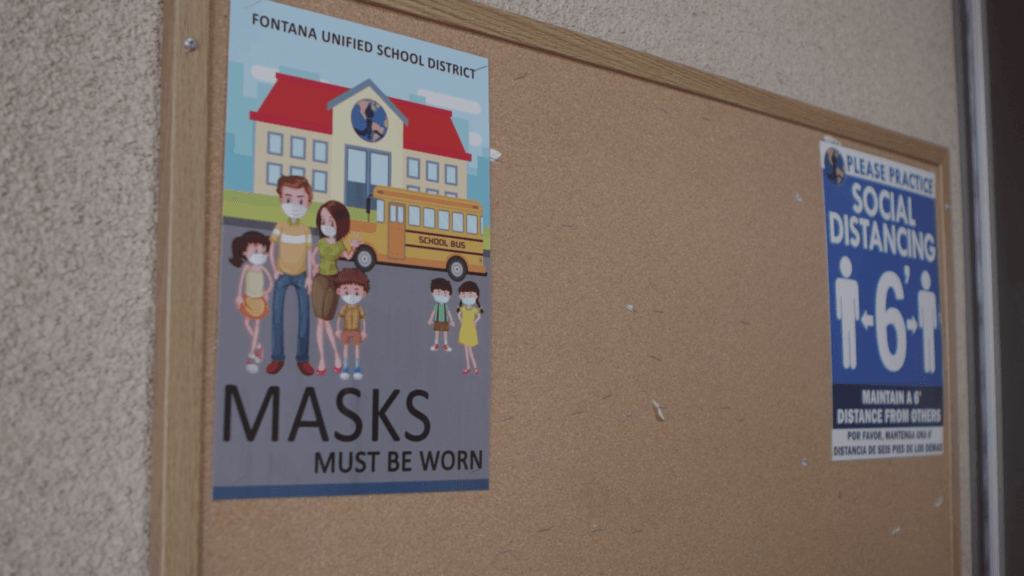
Fontana Schools administrators decided to get back to basics, to address their core mission, and to step off in a new direction that focused exclusively on the job they were there to do.
Fontana school officials knew they were charged with maintaining their facilities, supporting quality education initiatives, and providing safe spaces for their employees, teachers, parents, and students.
With limited resources and very little guidance from federal, state, and local government officials, the school district decided to err on the side of action and address the thing they could control: indoor air quality (IAQ).
IAQ – The Key to Combating Airborne Viruses
Even before the coronavirus pandemic made headlines in 2020, the United States Environmental Protection Agency (EPA) understood the importance of IAQ.
In conversations that completely predated the emergence of the public health threat presented by COVID-19, the EPA stated that IAQ was important because understanding and controlling common pollutants indoors can help reduce the risk of negative health consequences for building occupants.
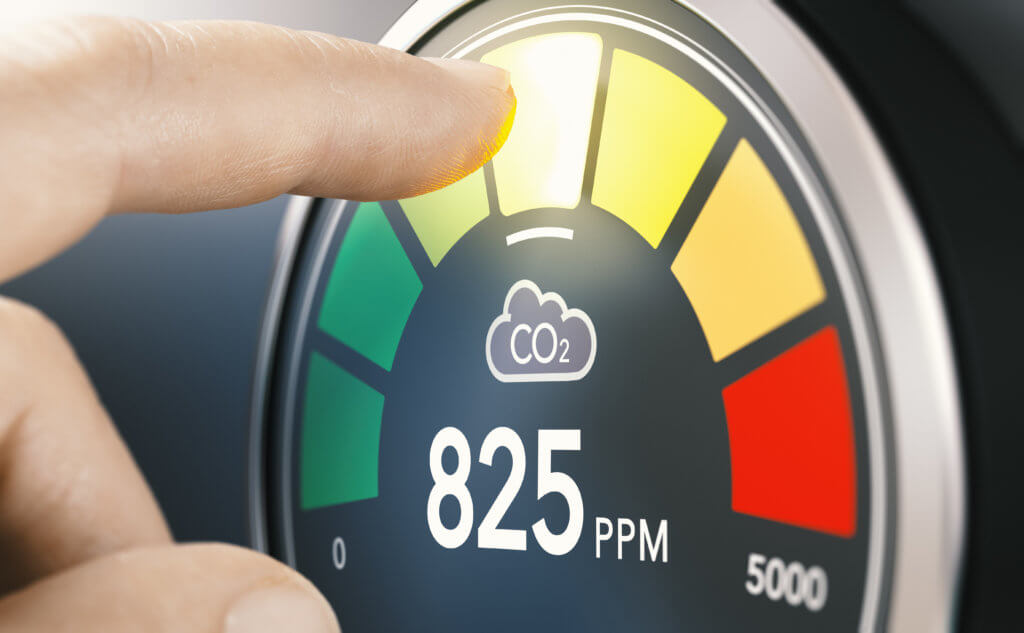
Today, the EPA continues to trumpet the importance of IAQ as an ongoing issue that dramatically impacts public health. (Read more about what the EPA has to say about IAQ here: https://www.epa.gov/indoor-air-quality-iaq)
But in early 2020, when much was still unknown about how COVID-19 spreads through a community, public health officials were more focused on baseline measures like quarantines and shutdowns.
It was only later, during the summer and fall of 2020 that data was beginning to point to the fact that COVID-19 was primarily passed via aerosol transmission. That is when IAQ became an older topic with a renewed relevance.
Lead, Follow, or Get Out of the Way
With an understanding that masks and distancing were good first steps but that more could be done, FUSD administrators decided to take a bold step and invest in improving the IAQ at the 48 district facilities it managed.
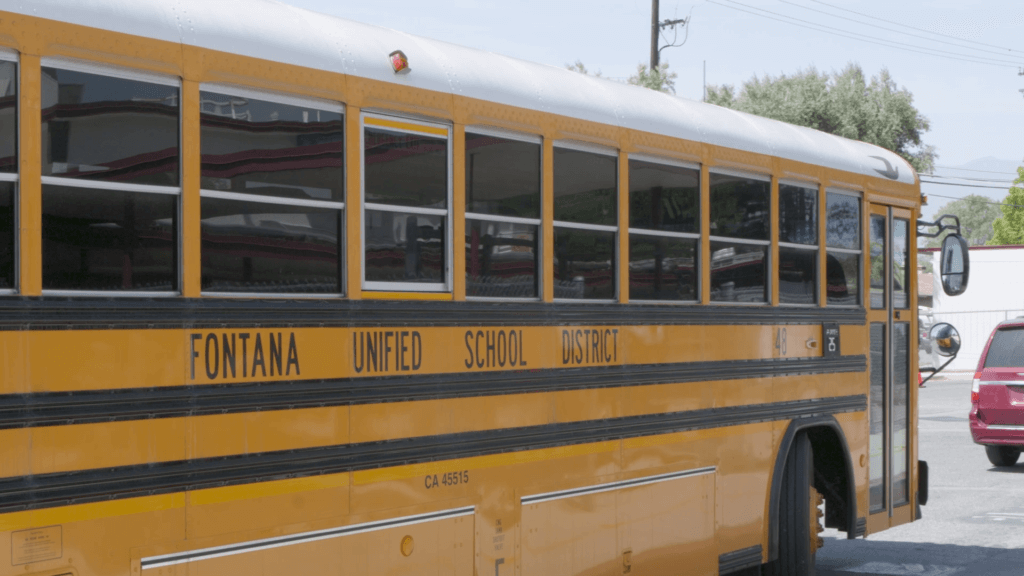
This decision would be challenging during the best of times because of the many variables that routinely come into play: tight budgets, aging infrastructure, and the constantly shifting priorities that school administrators deal with every day.
During the summer of 2020, with state and federal governments struggling to provide clear guidelines for school districts, the decision was nothing short of heroic. FUSD officials met, studied the options, heard from various experts, and ultimately voted to lead a new way forward for their community.
Who You Gonna Call?
Like most school districts, FUSD maintains close communication with neighboring districts, keeping in touch with the folks nearby who are actively involved with the same issues. Through one of these neighboring school districts, FUSD officials first became aware of FSG’s Placentia, California branch.
When the nearby Fullerton School District mentioned the success they were enjoying with several facility disinfection solutions provided by FSG, Fontana officials reached out for more information.
FSG had been leading the way for school districts in California, explaining the latest Needlepoint Bipolar Ionization (NPBI) technology available to help facility managers achieve and maintain higher IAQ while saving energy and extending the life of aging HVAC infrastructure assets.
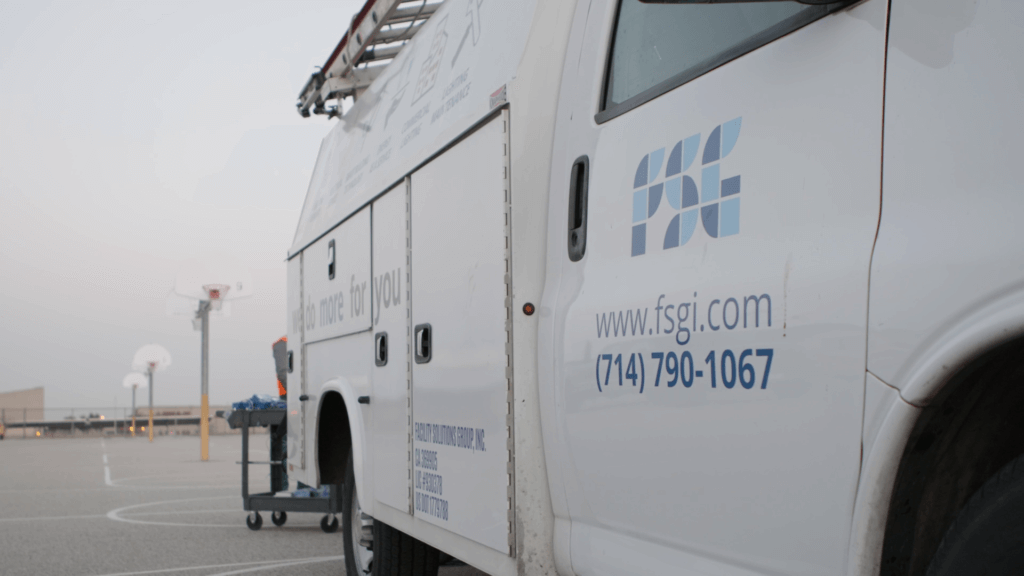
FSG had also provided other novel facility disinfection products, such as portable UVC carts that provided a wide variety of options for school districts.
When FUSD officials reached out to FSG, a conversation began that ultimately resulted in a district-wide rollout of tools and technology that delivered IAQ improvements at just under 50 FUSD facilities in Fontana.
2021 – The Year of Superior Interior Air
To provide immediately improved IAQ, FSG proposed that NPBI units be installed within the HVAC systems at all FUSD campuses and administrative buildings.
A complete survey of existing district HVAC assets was provided by the district to ensure that the appropriately sized NPBI units were installed in each air handling unit.
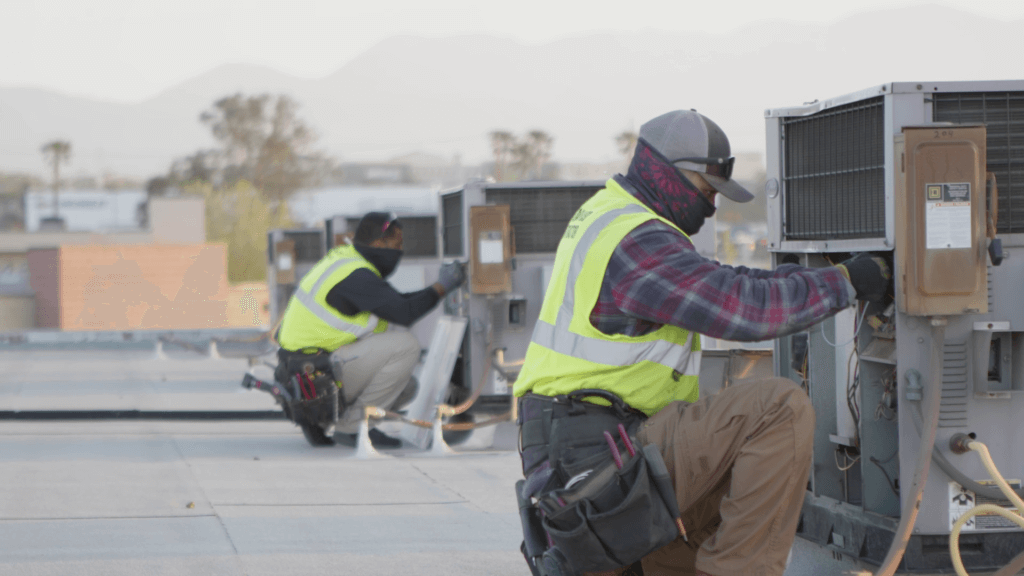
For larger, built-up HVAC systems, custom-sized NPBI units were installed to accommodate the increased air handling requirements.
Beginning in March 2021, FSG mobilized to execute the district-wide project that would eventually see over 2,900 NPBI units installed within AHUs at 48 different locations across the district. All work was completed within 65 days.
Additionally, to provide extra protection for extremely high traffic areas such as cafeterias, gymnasiums, and auditoriums, FSG provided 13 300-watt UVC carts, one 1000-watt UVC cart, and 32 OMNI 4-in-1 carts for Fontana schools to use as required.
One of the added benefits of the district-wide NPBI rollout was the dramatic impact the new ionization units had on existing HVAC MERV ratings and FUSD energy consumption. Due to the age of some HVAC units and the limited supply of MERV 13 filters available, FUSD deployed MERV 11 filters throughout the district. When combined with the NPBI, the efficacy of the MERV 11 filters was increased to the equivalent of MERV 15, without taxing the system or increasing energy costs.
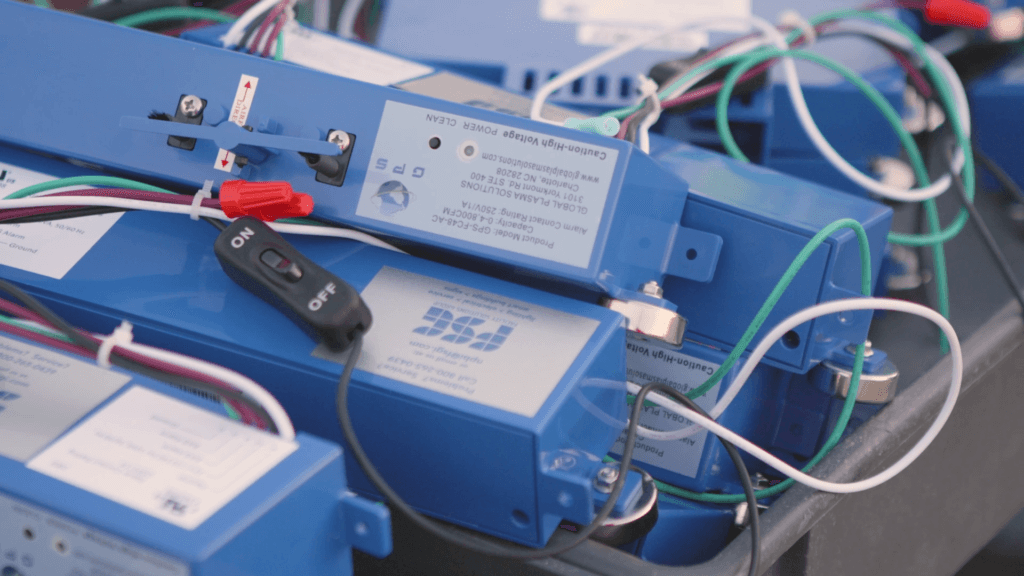
Even before the latest recommendations from the American Society of Heating, Refrigerating, and Air Conditioning Engineers (ASHRAE) were published, it was already understood that maximizing indoor MERV air filtration ratings was an important deterrent against the transmission of airborne viruses.
The new NPBI units within the AHUs of FUSD’s legacy HVAC system components, combined with properly-sized filters, had the practical effect of allowing the district’s older HVAC systems to meet and even exceed current MERV standards for filtration efficiency while simultaneously using less energy – a double benefit for the district.
We Love It When a Plan Comes Together
In Fontana, school district administrators understood that even if the larger issues surrounding the COVID-19 outbreak were still unresolved, the basic facts were clear: students needed to go to school and facilities had to support their safe return.
FUSD officials took the time to educate themselves on their options, then decided to partner with FSG and deliver the highest possible quality interior air for every campus and administration building the district maintained.
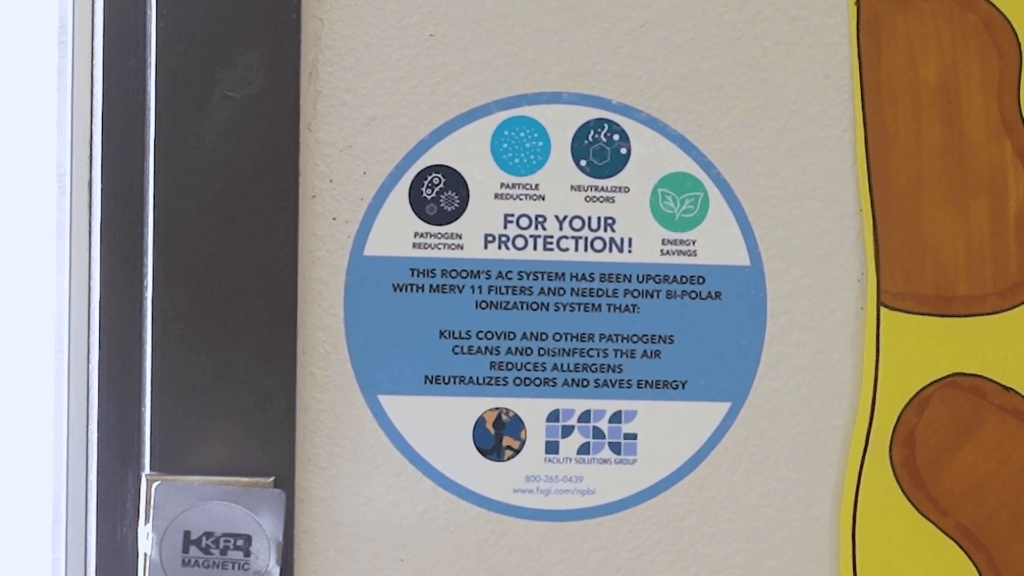
Even as politicians debate the best practices and next steps for public education, one thing is clear: COVID-19 is an airborne virus, and higher Indoor Air Quality (IAQ) matters in public spaces.
Most importantly, while IAQ matters now during the current virus outbreak, it will continue to matter in the future when we face new threats from new viruses.
For school administrators and trustees, the investment in disinfection technology served a dual purpose of providing peace of mind today and providing facility HVAC cost savings into the future.
District stakeholders take comfort in knowing that all FUSD facilities have improved IAQ and that the ventilation within those spaces is actively supporting health and well-being.
For Fontana schools, there is great satisfaction in knowing that even while the coronavirus crisis continues to dominate the headlines, their IAQ is poised to make a few headlines of its own.
Getting Back to Class
FSG is focused on helping schools get back to safe, in-person learning. We offer products and services to help schools improve air quality, and disinfect their buildings from viruses and pathogens.
To learn more visit our website, or call (512) 886-1258.





